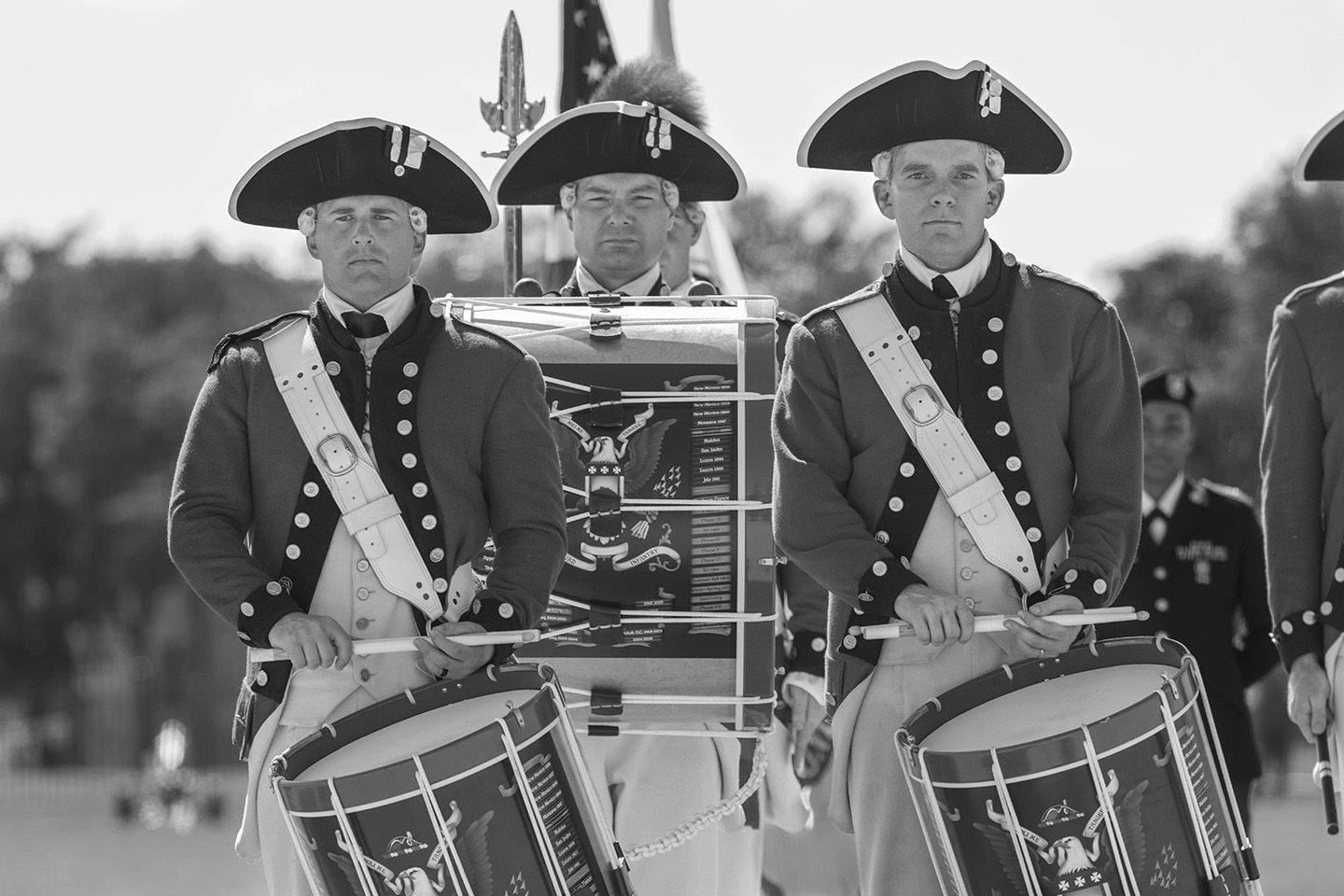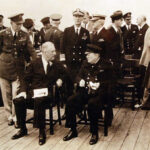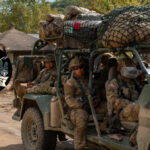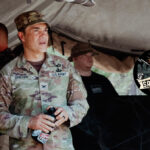
- (PART%201)\%22>(PART%201)\%22>(PART%201)\%22>&url=https%3A%2F%2Fwarroom.armywarcollege.edu%2Fpodcasts%2Fso-what-does-history-teach-us-anyway%2F&hashtags=WAR_ROOM" title="Share on Twitter" onclick="essb.window('https://x.com/intent/post?text=(PART%201)\%22>(PART%201)\%22>(PART%201)\%22>(PART%201)\%22>&url=https%3A%2F%2Fwarroom.armywarcollege.edu%2Fpodcasts%2Fso-what-does-history-teach-us-anyway%2F&hashtags=WAR_ROOM','twitter','1068302297'); return false;" target="_blank" rel="noreferrer noopener nofollow" class="nolightbox essb-s-bg-twitter essb-s-bgh-twitter essb-s-c-light essb-s-hover-effect essb-s-bg-network essb-s-bgh-network" >
HISTORY IS NOT A BOX OF FACTS, IT IS A STATE OF MIND
History teaches us ____________.” Many listeners have probably heard that opening a few times, usually followed by a claim that is apparently profound and timely, but also probably poorly supported and problematic. Why does this construction persist, then? Is it because of an innate human quest for simple answers to intractable problems? Or is it because leaders believe that history repeats itself? Is it because we misunderstand how historical thinking should shape contemporary decisions? Misconceptions about the purpose, processes, and even the meaning of the word history abound. The roles and approaches of historians are similarly misunderstood.
So what is history and what does it teach us — or not? U.S. Army War College faculty members Con Crane, Jacqueline E. Whitt, and Andrew A. Hill discuss and critique this very question and what it means to be historically-minded. For one to learn from history, one may have to re-learn what history really is.
Podcast: Download
Con Crane is a military historian with the Army Heritage and Education Center. Jacqueline E. Whitt is Professor of Strategy at the U.S. Army War College. Andrew A. Hill is Chair of Strategic Leadership at the U.S. Army War College. The views expressed in this presentation are those of the speakers and do not necessarily reflect those of the U.S. Army War College, U.S. Army, or Department of Defense.
Photo: U.S. Army Old Guard Fife and Drum Corps perform during the 2017 Military Appreciation Weekend at Joint Base San Antonio-Fort Sam Houston, Texas.
Photo Credit: U.S. Air Force photo by Ismael Ortega
- (PART%201)\%22>(PART%201)\%22>(PART%201)\%22>&url=https%3A%2F%2Fwarroom.armywarcollege.edu%2Fpodcasts%2Fso-what-does-history-teach-us-anyway%2F&hashtags=WAR_ROOM" title="Share on Twitter" onclick="essb.window('https://x.com/intent/post?text=(PART%201)\%22>(PART%201)\%22>(PART%201)\%22>(PART%201)\%22>&url=https%3A%2F%2Fwarroom.armywarcollege.edu%2Fpodcasts%2Fso-what-does-history-teach-us-anyway%2F&hashtags=WAR_ROOM','twitter','1715094742'); return false;" target="_blank" rel="noreferrer noopener nofollow" class="nolightbox essb-s-bg-twitter essb-s-bgh-twitter essb-s-c-light essb-s-hover-effect essb-s-bg-network essb-s-bgh-network" >





What is true now that was true then? Russia can be a bit testy (to the point of war) when it comes to the Crimea.
Or then there is this,from Machiavelli; “We must bear in mind, then, that there is nothing more difficult and dangerous, or more doubtful of success, than an attempt to introduce a new order of things in any state. For the innovator has for enemies all those who derived advantages from the old order of things, whilst those who expect to be benefitted by the new institutions will be but lukewarm defenders.” (Machiavelli, 1532, Barnes & Nobel version of “The Prince & The Art of War”, pg. 32)
This seemed especially true of the recent history of the US in Iraq.
As an aside, I am a Museum Curator at the US Army Yuma Proving Ground. Within the CMH there are those who care very much that we (curators) do not use the term Historian. Looking forward to episode 2 & 3.
I’m surprised that primary sources (i.e., those who were in Vietnam) don’t seem to be as important as secondary ones are for historians. With the exception of the very few, most Vietnam veterans are proud of their service (~91%) and most of these seem to be “revisionist” vs “orthodox” variety, as the distinction seems to be currently drawn.
Most Vietnam veterans believe that there were many reasons, not just one, in why the Vietnam War ended so miserably. Here are some of the reasons, in no particular order (all quotes are from former NVA Colonel Bui Tin):
1.We didn’t blockade Haiphong at the onset (where even British vessels could be found);
2.We didn’t knock out the railroad lines between China and North Vietnam;
3.U.S. ground forces were not allowed to interdict the Ho Chi Minh Trail. If they had, “Hanoi could never have won the war”;
4.The anti-war movement “was essential to our strategy.” The senior leadership followed the anti-war movement in the U.S. and “were elated” when Jane Fonda, Ramsey Clark and others visited. “America lost because of its democracy; through dissent and protest it lost the ability to mobilize a will to win”;
5.South Vietnam’s generals were “inept” and political;
6.Bombing of North Vietnam, if it had been concentrated (as in the Christmas bombing), it “would have hurt our efforts.” Piecemeal bombing gave the North time to reshuffle and rebuild;
7.The NLF (National Liberation Front) was controlled by Hanoi – it was never independent (it was always run by a communist party commissar);
8.Regional and Popular Forces (Ruff/Puff) were in control of 90% of the populace countryside by 1972;
9.Fighting in 1968 had decimated communist forces in the South. Years of rebuilding compelled them to use NVA troops to fill in for the VC. “If American forces had not begun to withdraw under Nixon in 1969, they could have punished us severely”;
10.When President Ford failed to respond to the attack of Phuoc Long in January 1975, the North knew that their overall victory was at-hand;
11.“We had the impression that American commanders had their hands tied by political factors. Your generals could never deploy a maximum force for greatest military effort”;
12.The North only had to win the American media in order to eventually be victorious because they sway politicians (who love to be loved and, of course, reelected) and feeble-minded university professors who love to pontificate and sell their books).